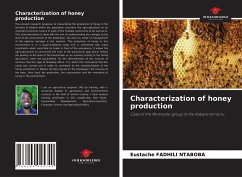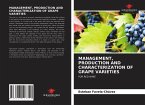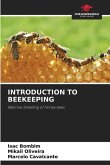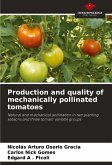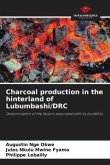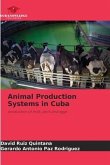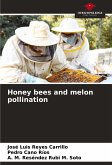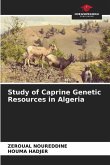The present research proposes to characterize the production of honey in the territory of Kabare where the population considers the agro-apiculture as an important economic source in spite of the multiple constraints to be overcome. This characterization is done with the aim of understanding the changes at the level of the environment of the beekeeper, but also his mode of management of the apiarian heritage in the medium. The production of honey in this environment is in a quasi-traditional state and is confronted with many constraints which constitute its brake in front of the emergence. It allows the agro-apiculturist to circumvent the risks of the agricultural gap and to reduce the poverty at the level of the households as an auxiliary activity to the family agriculture; seen the possibilities for the diversification of the sources of incomes that this type of breeding offers. It is within this framework that this study was carried out in order to contribute to the characterization of the honey production in Kabare territory based on the beekeeper, the housing of the bees, their food, the production, the conservation and the marketing of honey in the environment.
Bitte wählen Sie Ihr Anliegen aus.
Rechnungen
Retourenschein anfordern
Bestellstatus
Storno

